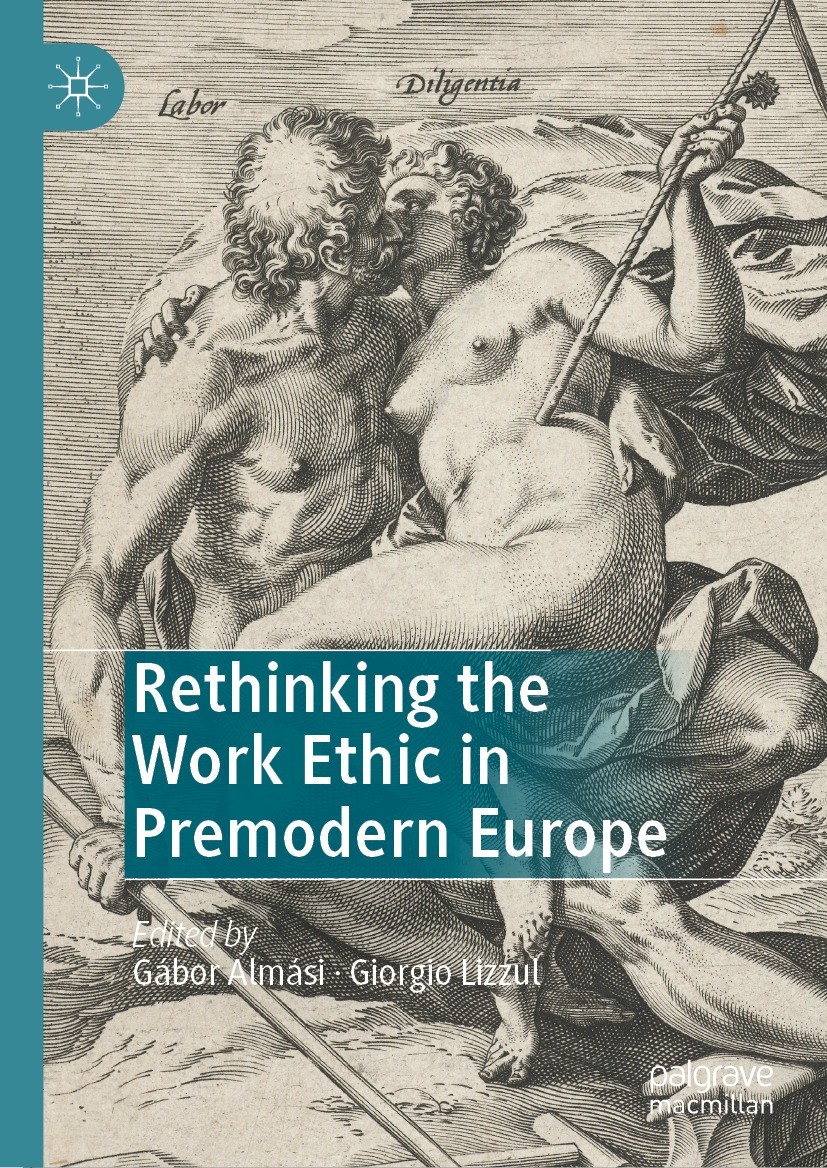| 书目名称 | Rethinking the Work Ethic in Premodern Europe | | 编辑 | Gábor Almási,Giorgio Lizzul | | 视频video | http://file.papertrans.cn/830/829198/829198.mp4 | | 概述 | Investigates how work ethics in Europe were conceptualized from the Middle Ages to the nineteenth century.Focuses on the role played by intellectuals in formulating, communicating, and contesting idea | | 图书封面 |  | | 描述 | .This book investigates how work ethics in Europe were conceptualised from the Middle Ages to the nineteenth century. Through analysis of a range of discourses, it focuses on the roles played by intellectuals in formulating, communicating, and contesting ideas about work and its ethical value. The book moves away from the idea of a singular Weberian work ethic as fundamental to modern notions of work and instead emphasises how different languages of work were harnessed for a variety of social, intellectual, religious, economic, political, and ideological objectives. Rather than a singular work ethic that left a decisive mark on the development of Western culture and economy, the volume stresses plurality. The essays draw on approaches from intellectual, social, and cultural history. They explore how, why, and in what contexts labour became an important and openly promoted value; who promoted or opposed hard work and for what reasons; and whether there was an early modern break with ancient and medieval discourses on work. These historicized visions of work ethics help enrich our understanding of present-day changing attitudes to work.. | | 出版日期 | Book 2023 | | 关键词 | Renaissance; Reformation; capitalism; mercantile culture; Protestantism; industry | | 版次 | 1 | | doi | https://doi.org/10.1007/978-3-031-38092-1 | | isbn_softcover | 978-3-031-38094-5 | | isbn_ebook | 978-3-031-38092-1 | | copyright | The Editor(s) (if applicable) and The Author(s), under exclusive license to Springer Nature Switzerl |
The information of publication is updating

|
|
 |Archiver|手机版|小黑屋|
派博传思国际
( 京公网安备110108008328)
GMT+8, 2025-12-15 03:32
|Archiver|手机版|小黑屋|
派博传思国际
( 京公网安备110108008328)
GMT+8, 2025-12-15 03:32


